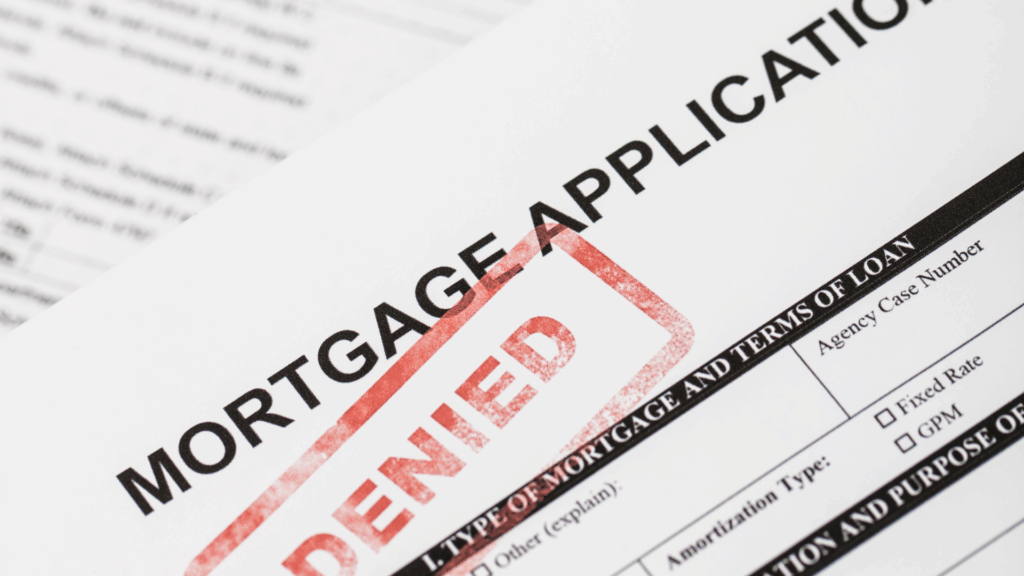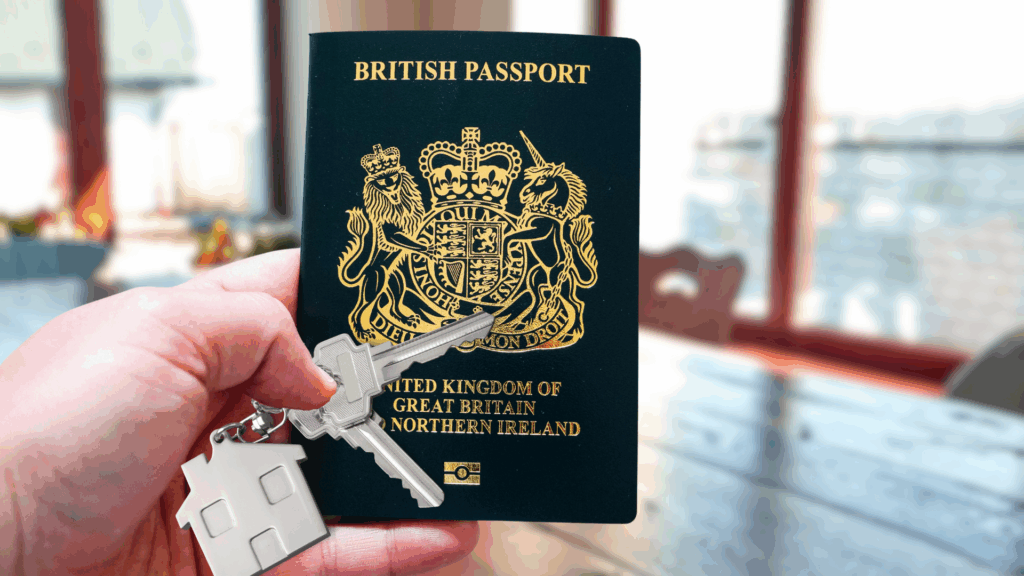- Can You Add Stamp Duty to Your Mortgage in England and Northern Ireland?
- Is It Possible to Add Stamp Duty to a Mortgage in Scotland and Wales?
- Can You Add Stamp Duty to a Second Home or Buy-to-Let Mortgage?
- What If You Can’t Afford to Pay Stamp Duty Upfront?
- Can First-Time Buyers Add Stamp Duty to Their Mortgage?
- Are There Lenders That Include Stamp Duty in Mortgage Offers?
- Can You Use Your Home Equity to Cover Stamp Duty?
- The Pros & Cons of Adding Stamp Duty on Your Mortgage
- The Bottom Line
Can You Add Stamp Duty To A Mortgage In The UK?
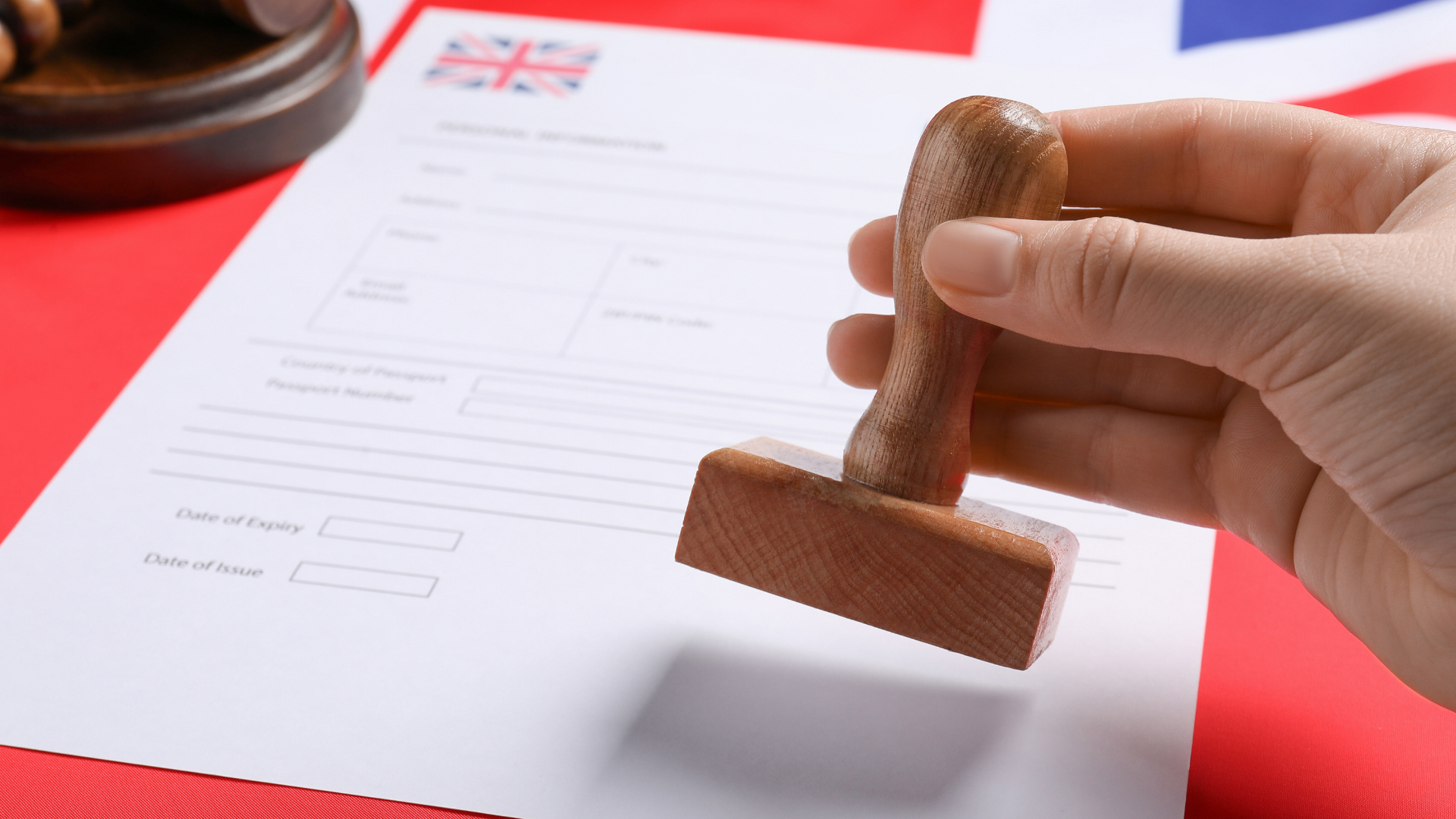
Buying a property in the UK can add extra costs on top of the purchase price. One of the biggest expenses is stamp duty, a government tax that can add thousands of pounds to your total costs.
If you’re worried about having enough money upfront to cover stamp duty, you might be wondering if you can roll this cost into your mortgage.
In this article, we’ll explore whether you can do this and the considerations you need to bear in mind.
Can You Add Stamp Duty to Your Mortgage in England and Northern Ireland?
Technically, there’s no specific mortgage product that allows you to add stamp duty directly to your loan amount.
However, there is a workaround that enables you to effectively cover stamp duty through your mortgage.
Here’s how it works:
Most lenders have a maximum loan-to-value (LTV) ratio, limiting how much you can borrow compared to the property price.
For example, if a lender’s maximum LTV is 90%, you’d need to put down at least a 10% deposit.
To cover the stamp duty with your mortgage, you can reduce your deposit and increase your loan amount by the stamp duty cost. This works as long as you meet the lender’s LTV and affordability requirements.
Let’s look at an example:
Suppose you’re purchasing a property in London for £500,000 as a home mover (not a first-time buyer). The stamp duty rate for this purchase price is 5%, which amounts to £12,500.
If you initially planned to put down a £100,000 deposit (20%), you could instead put down £87,500 (17.5%) and borrow £412,500 (82.5%). The extra £12,500 you borrowed can then be used to pay the stamp duty.
While you’ll pay interest on the borrowed amount over the mortgage term, this can be helpful if you lack the upfront cash.
Is It Possible to Add Stamp Duty to a Mortgage in Scotland and Wales?
While England and Northern Ireland have stamp duty, Scotland uses Land and Buildings Transaction Tax (LBTT) and Wales uses Land Transaction Tax (LTT).
The names and rates differ, but you can still include these taxes in your mortgage like you would with stamp duty.
If the lender approves, you can simply reduce your deposit and increase your loan amount by the LBTT or LTT cost. This works as long as you meet their affordability checks and loan-to-value (LTV) requirements.
In other words, you borrow more to cover the tax upfront, but you’ll pay interest on that amount over the life of your mortgage.
Can You Add Stamp Duty to a Second Home or Buy-to-Let Mortgage?
Yes, the process of adding stamp duty to your mortgage applies to both primary residences and additional properties, such as second homes or buy-to-let investments.
But remember, second homes and buy-to-let properties usually have higher stamp duty rates, so it can be more expensive in the long run.
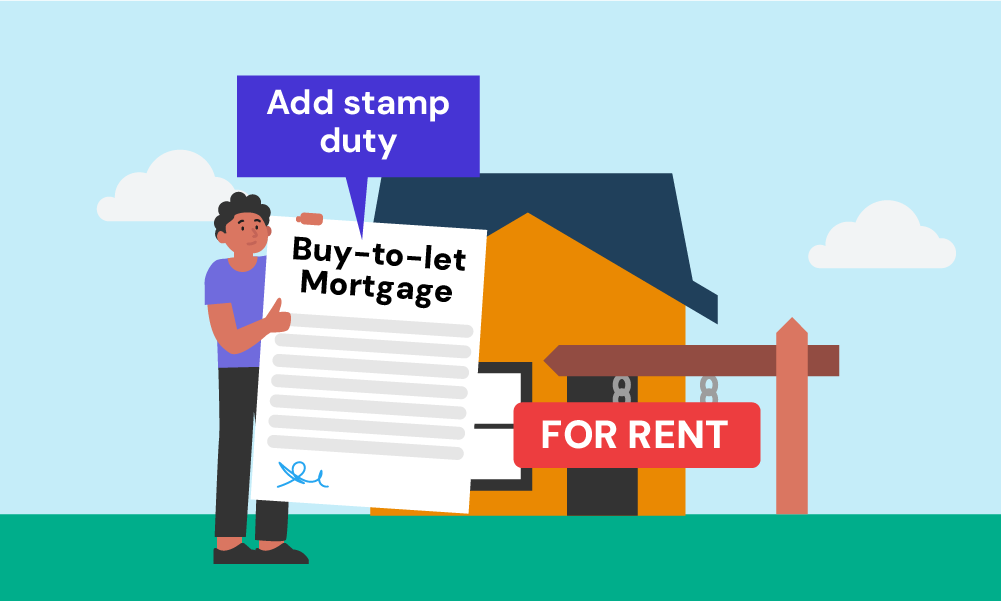
What If You Can’t Afford to Pay Stamp Duty Upfront?
If you’re unable to cover the stamp duty cost upfront and adding it to your mortgage would push you beyond the lender’s affordability limits, you have a few alternative options to consider:
- Seek assistance from a mortgage broker. An experienced broker can help you explore lenders that may offer higher LTV mortgages or alternative lending criteria, potentially allowing you to borrow more while still meeting affordability requirements.
- Delay your purchase. While not ideal, you could consider delaying your property purchase until you’ve saved enough to cover the stamp duty cost upfront. This can be a more cost-effective approach in the long run.
- Consider a stamp duty-free property. If you’re a first-time buyer, you may be eligible for stamp duty relief on properties up to £425,000, reducing or eliminating the need to cover this cost.
Can First-Time Buyers Add Stamp Duty to Their Mortgage?
First-time buyers in England and Northern Ireland benefit from stamp duty relief on properties worth up to £425,000, meaning they don’t have to pay any stamp duty on this portion of the purchase price.
For properties valued between £425,001 and £625,000, first-time buyers pay a reduced rate of 5% on the portion above £425,000.
If the property you’re purchasing falls within the stamp duty relief thresholds, you may not need to add any stamp duty to your mortgage.
However, if there is a remaining stamp duty amount to pay, you can follow the same process of reducing your deposit and increasing your loan amount, provided you meet the lender’s criteria.
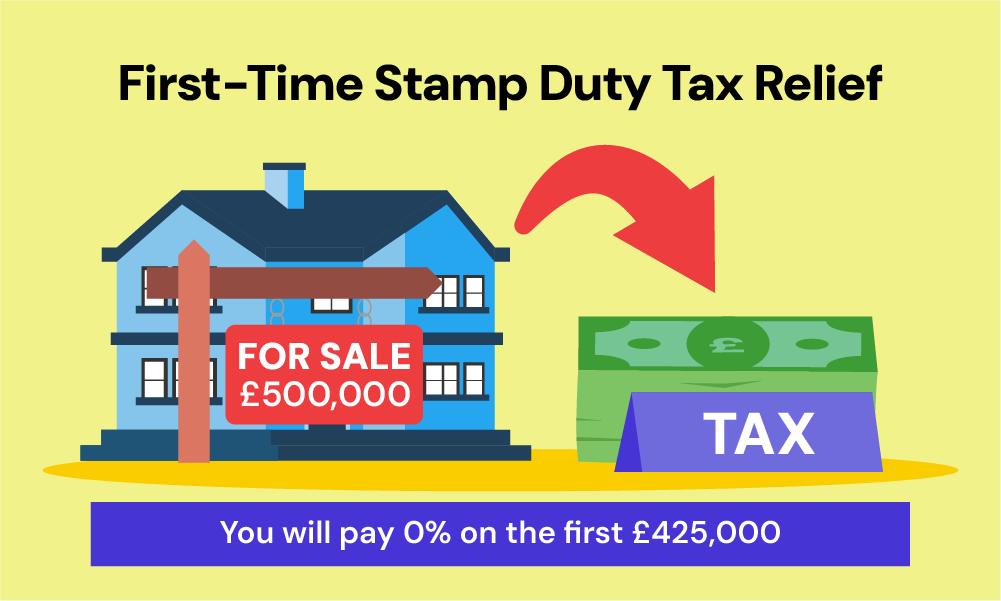
Are There Lenders That Include Stamp Duty in Mortgage Offers?
There’s no need to search for lenders with special “stamp duty included” mortgages. Most lenders allow this as long as you meet their affordability checks and loan-to-value (LTV) requirements.
Basically, they’ll let you borrow more to cover the stamp duty upfront, but you’ll pay interest on that amount over your mortgage term.
However, a good mortgage broker can be your secret weapon here. They can assess your situation and find lenders who might be more flexible or offer better rates when you need to include stamp duty in your borrowing.

Can You Use Your Home Equity to Cover Stamp Duty?
Yes, homeowners looking to move can leverage their existing home’s equity to cover the stamp duty on their new purchase.
Here’s how it works:
When applying for your new mortgage, you can borrow extra to access the equity you’ve built up in your current home. This extra money can then be used to pay the stamp duty, essentially adding it to your mortgage
This approach can be cheaper than reducing your deposit. By keeping a higher equity stake in your new property (thanks to a smaller deposit), you might qualify for better mortgage interest rates in the long run.
The Pros & Cons of Adding Stamp Duty on Your Mortgage
Deciding how to handle stamp duty when buying a house can be tricky. To help you decide, here’s a breakdown of the pros and cons of adding stamp duty to your mortgage:
Pros:
– Immediate cash flow relief, providing financial flexibility at the time of purchase.
– Simplifies upfront costs, making the process less stressful.
– Convenient payment structure, paying stamp duty over the term of the mortgage.
– Potential for lower interest rates if you secure a competitive mortgage rate.
Cons:
– Increased total loan amount, resulting in higher overall debt.
– Higher interest payments on the stamp duty amount throughout the mortgage term.
– Impact on loan-to-value (LTV) ratio, potentially leading to less favourable mortgage terms.
– Potential for higher monthly payments, impacting your budget.
– Long-term financial impact, as you might end up paying much more than the original stamp duty amount.
– Limited availability, with not all lenders offering this option and the potential for higher associated fees.
The Bottom Line
Adding stamp duty to your mortgage in the UK is possible, but it’s not simple. You’ll need to carefully consider your finances and the lender’s requirements.
Keep in mind that you’ll pay interest on the borrowed stamp duty amount throughout your mortgage, potentially costing you more in the long run. If you can, paying stamp duty upfront is usually better to avoid extra interest charges.
The final decision depends on your own situation. Consider your available funds, affordability, and long-term financial goals.
A good mortgage broker can simplify the process and find the most affordable solution for you. They can:
- Offer tailored advice based on your finances.
- Find exclusive deals not available to the public.
- Handle paperwork and negotiations, saving you time and stress.
Their knowledge of the market and lender criteria ensures you get the best possible deal.
Need a broker? Get in touch. We’ll hook you up with a qualified mortgage broker who can help you solve your mortgage situation.
Get Matched With Your Dream Mortgage Advisor...

Frequently asked questions
Can I add solicitor's fees to my mortgage?
While you can’t directly add solicitor’s fees to your mortgage in the UK, you have some flexibility.
Since your mortgage is based on the property value and your deposit, using some of your savings for solicitor’s fees would essentially achieve the same result.
However, it’s important to remember that borrowing for these fees means paying interest over the mortgage term, making it more expensive in the long run. Saving up a bit more for a larger deposit could be a more cost-effective approach.
>> More about Saving a Deposit
Will adding stamp duty to my mortgage affect my interest rate?
Potentially. If adding stamp duty to your mortgage pushes you into a higher LTV bracket, you may be subject to a higher interest rate.
It’s crucial to work with a mortgage broker to understand the overall costs and determine the most cost-effective approach.

